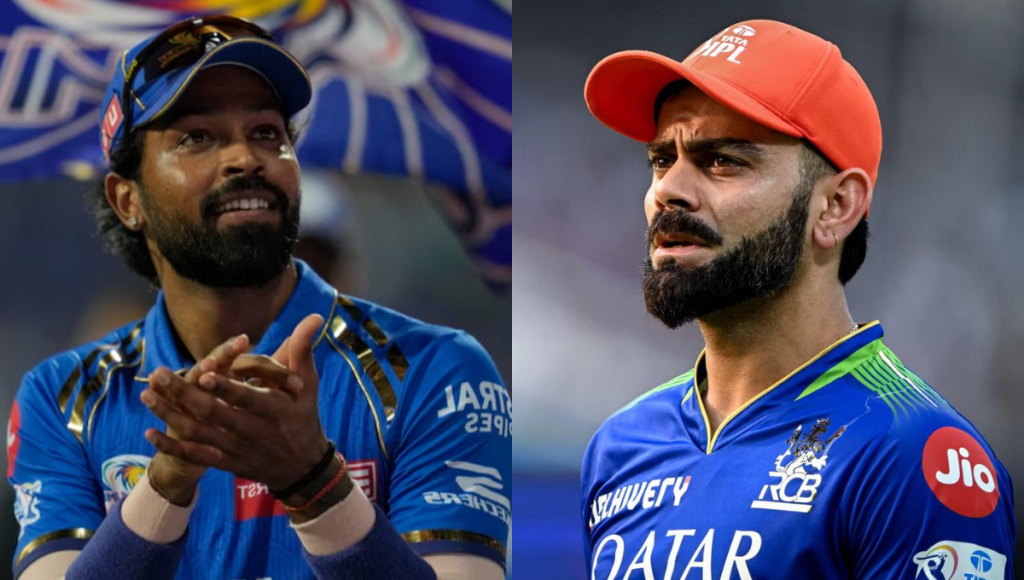The Indian Premier League (IPL) has seen its share of legendary captains who’ve led their teams to glory, but not all stories are of triumph. Here’s a look at three captains whose IPL captaincy records are often cited as the least successful:
1. Kumar Sangakkara – Despite being a cricketing legend, Sangakkara’s IPL captaincy is often remembered for its lackluster performance. With a win percentage of only 31.91%, his leadership with Kings XI Punjab, Deccan Chargers, and Sunrisers Hyderabad didn’t translate the strategic acumen he was known for internationally. His tenure was marked by poor team morale and strategic missteps, which fans and analysts frequently discuss on platforms like X, highlighting his inability to adapt to the IPL’s fast-paced environment.
2. George Bailey – The Australian cricketer, known for his leadership in domestic cricket, didn’t fare well in the IPL. As captain of Kings XI Punjab, Bailey managed a win percentage of 44.44%, which, while not the lowest, is criticized for its lack of innovation and poor team performance. His approach was seen as too conservative for the T20 format, especially under the pressure of IPL’s high-stakes matches. X posts often reflect a sentiment of disappointment over his tenure, focusing on missed opportunities and poor team strategy.
3. Virat Kohli – Kohli’s IPL captaincy with Royal Challengers Bangalore (RCB) has been a subject of much debate. Despite his individual brilliance, RCB under Kohli never clinched the IPL title, leading to discussions about his captaincy effectiveness. His tenure saw the team frequently underperforming in crucial games, with decisions often criticized for lacking the necessary aggression or tactical depth. The sentiment on X, especially from fans, often portrays Kohli’s captaincy as a failure due to the lack of trophies and perceived poor decision-making in pressure situations.
Analysis of Their Captaincy:
- Adaptation to IPL Format: Both Sangakkara and Bailey struggled to adapt their international strategies to the IPL’s unique demands. Kohli, known for his aggressive batting, couldn’t translate that into team success, possibly due to team composition or strategic choices.
- Team Dynamics and Morale: Leadership in IPL isn’t just about cricketing decisions but also about managing a diverse group of players. The lack of success under these captains might also reflect on their ability to inspire and lead in the IPL’s high-pressure environment.
- Fan and Expert Sentiment: The discussion around these captains on X and other platforms indicates a strong sentiment against their leadership, focusing on their decision-making, team morale, and the overall impact on the team’s performance.
This list reflects not just statistical failures but also the expectations and criticisms from fans and analysts, highlighting how IPL captaincy requires a unique blend of strategy, man-management, and adaptability to the T20 format. While these captains might have excelled in other formats or aspects of the game, their IPL captaincy records stand as a testament to the complexities of leading in the IPL.

